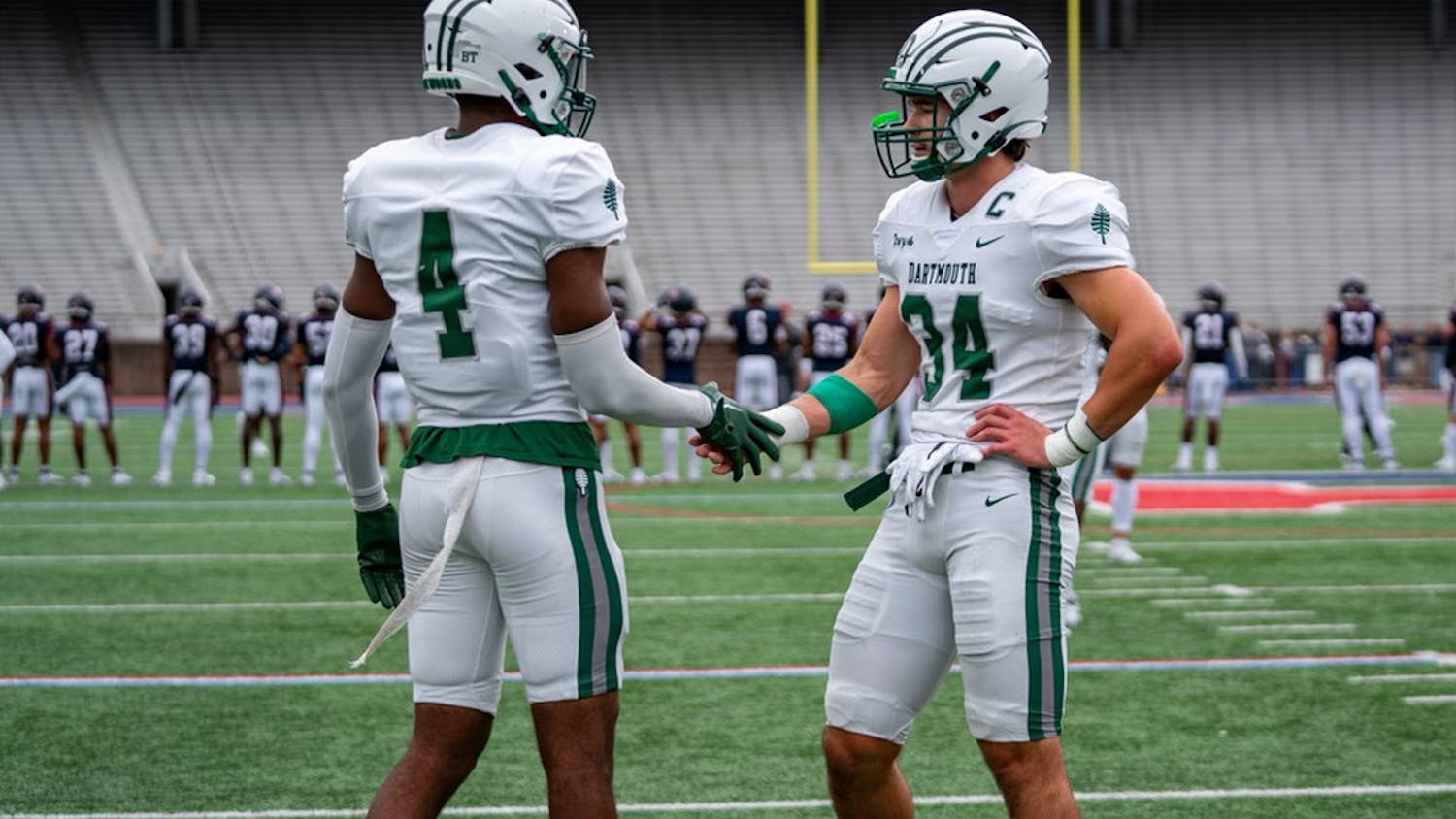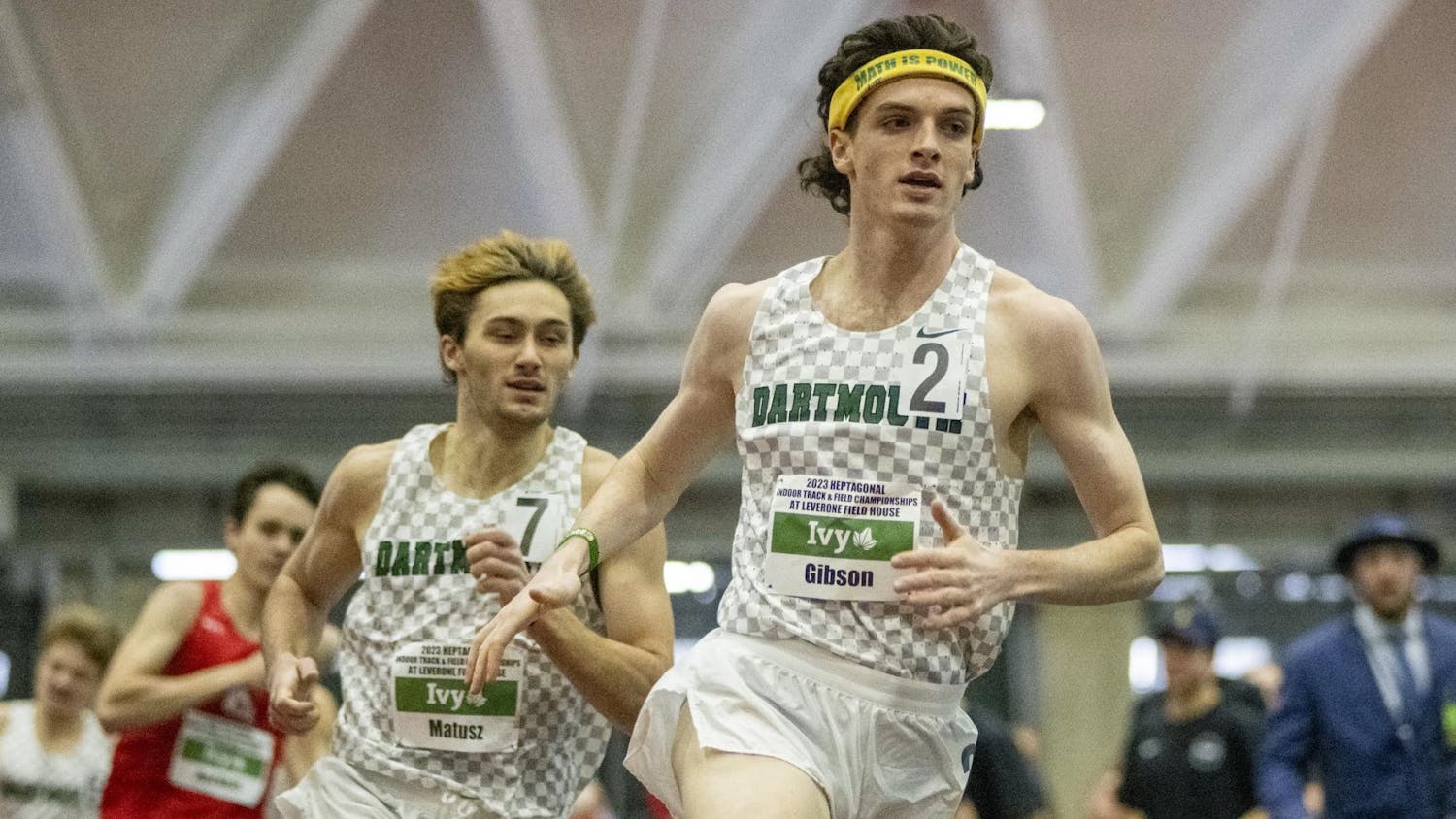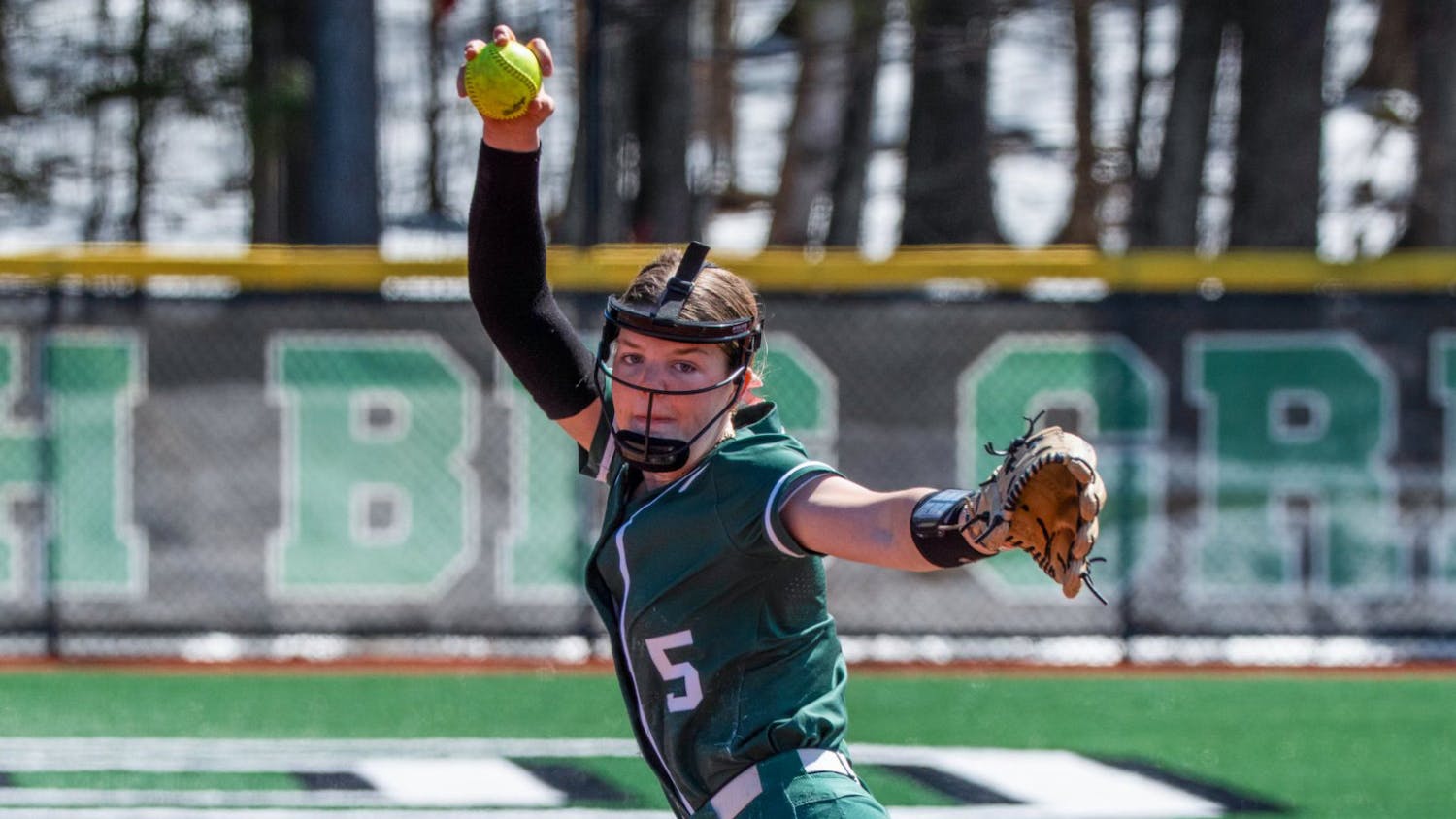Rick Reed retired on Thursday. In case you've already forgotten, Rick Reed was a control artist, a pitcher whose fastball could only touch 90 with the help of a hurricane tailwind. Rick Reed was a triple-A journeyman, a replacement player during the 1994 draft, a nobody. Then suddenly, in 1997, Rick Reed became one of the better pitchers in baseball, a two-time All-Star, and a hero to every high school pitcher who never cracked 80 on the gun.
As Rick Reed best illustrates, pitching is an art, and opening week is always a great time to watch pitchers work their magic. On Thursday, the Indians beat the Royals 6-1 behind the strong pitching of Jeff D'Amico in a totally unremarkable game.
But let's look closer. The losing pitcher, Jeremy Affeldt, was hammered for six runs in 5 2/3 innings. Affeldt, blessed with godly natural talent, throws a mid-90's fastball and a heart-stopping 12-6 curve that sends major league veterans bailing out of the box.
D'Amico, last seen leading the NL in losses, is a survivor of two major arm injuries. Pitching with nothing but smoke, mirrors, and the occasional "fast"ball, D'Amico scattered four hits over seven innings on his way to victory.
In a more celebrated game, 41-year-old Roger Clemens one-hit Barry Bonds and the Giants over seven innings. Under Clemens's gruff, mercenary exterior is a beautiful pitcher. His method is elegant, yet brutally effective. Fastball down, fastball up, and the splitter in the dirt for the swinging strikeout.
Clemens is one of the last practitioners of the splitter, a vogue pitch during the 80's. The split-fingered fastball has recently fallen out of favor because it shredded arms and ruined careers.
In spite of this, Clemens' unloved splitter has carried him to 311 wins, a place in the Hall of Fame and, to be honest, universal hatred. But it's still been a magnificent career.
But as D'Amico and Reed can attest, for most pitchers there's a fine and extremely fickle line between success and failure. Take Roy Halladay, Clemens' successor as Blue Jays ace.
Halladay, last year's Cy Young winner, is three years removed from one of the worst pitching seasons in history. Halladay finished the 2000 season with a 10.64 ERA, a WHIP over two, and a ticket to Single-A Dunedin to start the next year.
Then Halladay saw a sports psychologist and lowered his arm angle. Three months later, Halladay was back pitching successfully in the Major Leagues, and two years later, he won the Cy Young.
But on Opening Day, Halladay was knocked around for seven runs in a Blue Jays loss. His fellow All-Star, Yankee Mike Mussina, sports an 11.00 ERA after two starts.
It's a long season, and by July both Mussina and Halladay will likely be among the league leaders in pitching. But you never know. Pitching's a fine art, and yesterday's star could be on waivers in August. But that's why we watch, waiting for the next Rick Reed.



